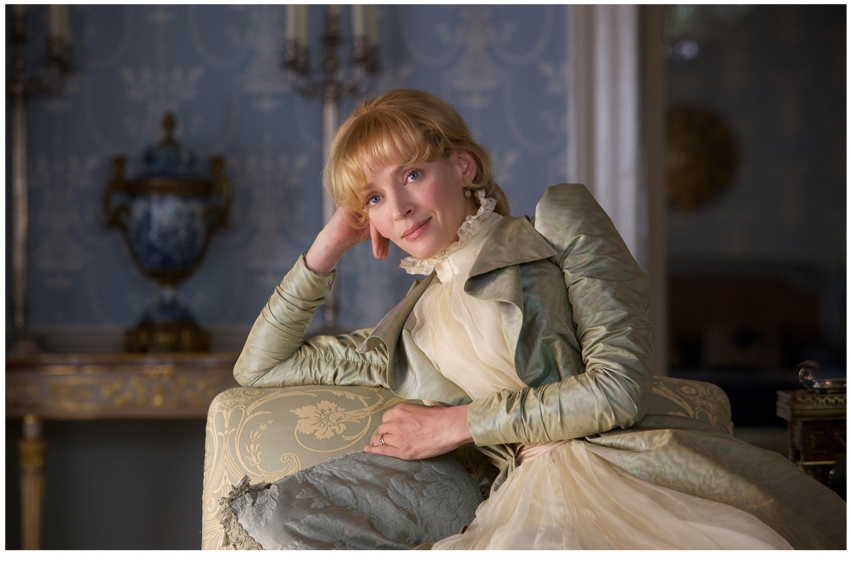Bel Ami is based on Guy de Maupassant’s 1895 novel of the same name about a young man who sleeps himself to the top of Parisian society — I once slept myself to the top of Parisian society, but by the time I got there I was far too exhausted to properly enjoy it — and while it is lush and handsomely mounted and features copious sex scenes it lacks what it would absolutely have to have were it to work: erotic sizzle.
It should, in its energies and passions, be most like Dangerous Liaisons, say, but it’s neither seductive nor absorbing, and although I hate to point the finger — once you have slept your way to the top in Paris, even pointing a finger can seem like too much — I would say the lead actor, Robert Pattinson, means well and tries hard, bless, but just doesn’t have the chops.
Yes, he is a teen heart-throb, and he is handsome, in a square-jawed way, and you will get to see his buttocks, which do look firm yet juicy, but he can’t do lust (not a spark) and he can’t give his character any kind of depth. It’s as if an Inbetweener has somehow been cast adrift in the Belle Époque and, miraculously, finds it a clunge heaven, with women falling at his feet. ‘Why do you always come back to me?’ he asks one of his conquests. ‘I don’t know,’ she says, and neither do I, and neither will you. Or, as I’d have said to her directly, if I had the chance, ‘It sure beats the hell out of me too, love. Now, move along. There is nothing to see here.’
Pattinson plays Georges Duroy, who is from the provinces, poor, fresh out of the cavalry in Algeria, and arrives in Paris hungry to make his fortune. We know this by the way the overwrought score swells and he glowers whenever the rich life is paraded in front of him. And we know this right from the start, from the opening scene, when he presses his face against the glass of an opulent restaurant where lobsters and other fancies are being served, and glowers, as the music swells. Anyway, his entry into society comes in the form of Charles Forestier (Philip Glenister), an old regiment buddy who is now the well-connected political editor of the national daily newspaper La Vie Française. Charles takes pity on Georges, gives him cash to purchase some suitable clothes, and invites him to a dinner at which Georges instantly mesmerises the female guests: Clotilde (Christina Ricci), whose husband is away a lot, Virginie (Kristin Scott Thomas), wife of the paper’s editor Monsieur Rousset (Colm Meaney), and Forestier’s own wife, Madeleine (Uma Thurman).
As Georges climbs the social ladder, they will all succumb to him in a nano-
second, even though he is an ungifted seducer. He is a dullard. He has only two expressions in addition to the glower: a sulky pout or a mournful pout. If Georges is meant to have an inner life, Pattinson cannot convey it. There is, in short, nobody at home, and so we can’t care a jot about him, or care what happens to him, or see what anyone else might see in him. I would also question the casting of Uma Thurman who, aside from anything else, appears to have been instructed to channel the voice of Fenella Fielding. Bizarre.
This is the first film directed by Declan Donnellan and Nick Ormerod, who founded the excellent Cheek by Jowl theatre company, but they do nothing special here. Aside from the score, which, as I’ve already indicated, is annoying, the cinematography is a slave to the period details, showing the same raucous bar-room scenes and carousing vividly painted prostitutes again and again, just to ensure we get the debauchery of Paris at that time. (Yes, yes, we get it; enough with these scenes, already.) There is also a political theme which takes in the media and its influence on politicians, which could have been timely, but it is muddled and also fails to properly integrate with anything else going on.
The question the film-makers should have asked themselves before properly embarking on this project might have been: how do we make a film about an empty man without making an empty film? I don’t know the answer, but can tell you this isn’t it.






Comments